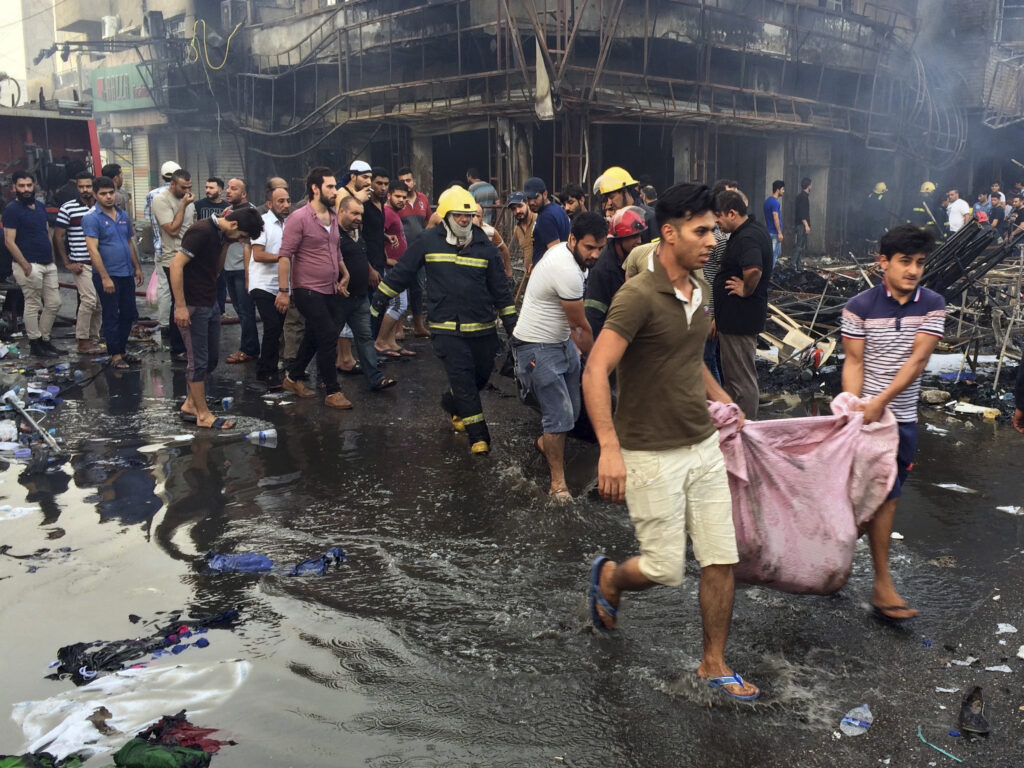
Introduction
Baghdad, the capital of Iraq, holds a rich historical legacy as one of the world’s ancient cities and was once the center of the Islamic Golden Age. Today, it continues to be a focal point for geopolitical dynamics, economic rebuilding, and cultural resurgence. Understanding the current developments in Baghdad is crucial as they reflect broader trends in the Middle East and global affairs.
Current Events in Baghdad
Recently, Baghdad has been in the news for several key reasons. Security remains a pressing issue as the city grapples with sporadic violence from militant groups. The Iraqi government, backed by international allies, has intensified efforts to maintain stability within its capital. Notably, the recent joint military operations between local forces and the US-led coalition aim at curbing the activities of ISIS remnants, which still pose a threat, albeit at a reduced scale.
In addition to security concerns, Baghdad is witnessing significant economic challenges and opportunities. The downturn from COVID-19 has severely impacted Iraq’s economy, yet there are signals of recovery. The government has recently announced initiatives to boost the economy through infrastructure projects and foreign investment incentives, seeking to revitalize crucial sectors such as oil, healthcare, and education.
Social and Cultural Dynamics
On the societal front, Baghdad is showing signs of cultural revival. Cultural festivals, art exhibitions, and music events are making a comeback, reflecting the resilience of its citizens. Local artists are gaining recognition, and social media plays a critical role in amplifying their voices and stories. The youth, in particular, are driving change and demanding more engagement in governance and civil liberties.
Conclusion
In summary, Baghdad stands at a crossroads of history and modern challenges. The city’s ongoing struggle for security and economic stability reflects broader issues faced by Iraq. As it attempts to rebuild and redefine itself, developments in Baghdad merit attention from both regional and international observers. Ultimately, the city’s future will depend on effective governance, sustained international support, and the resilience of its people, offering a glimpse into the ongoing complexities of Middle Eastern politics.



